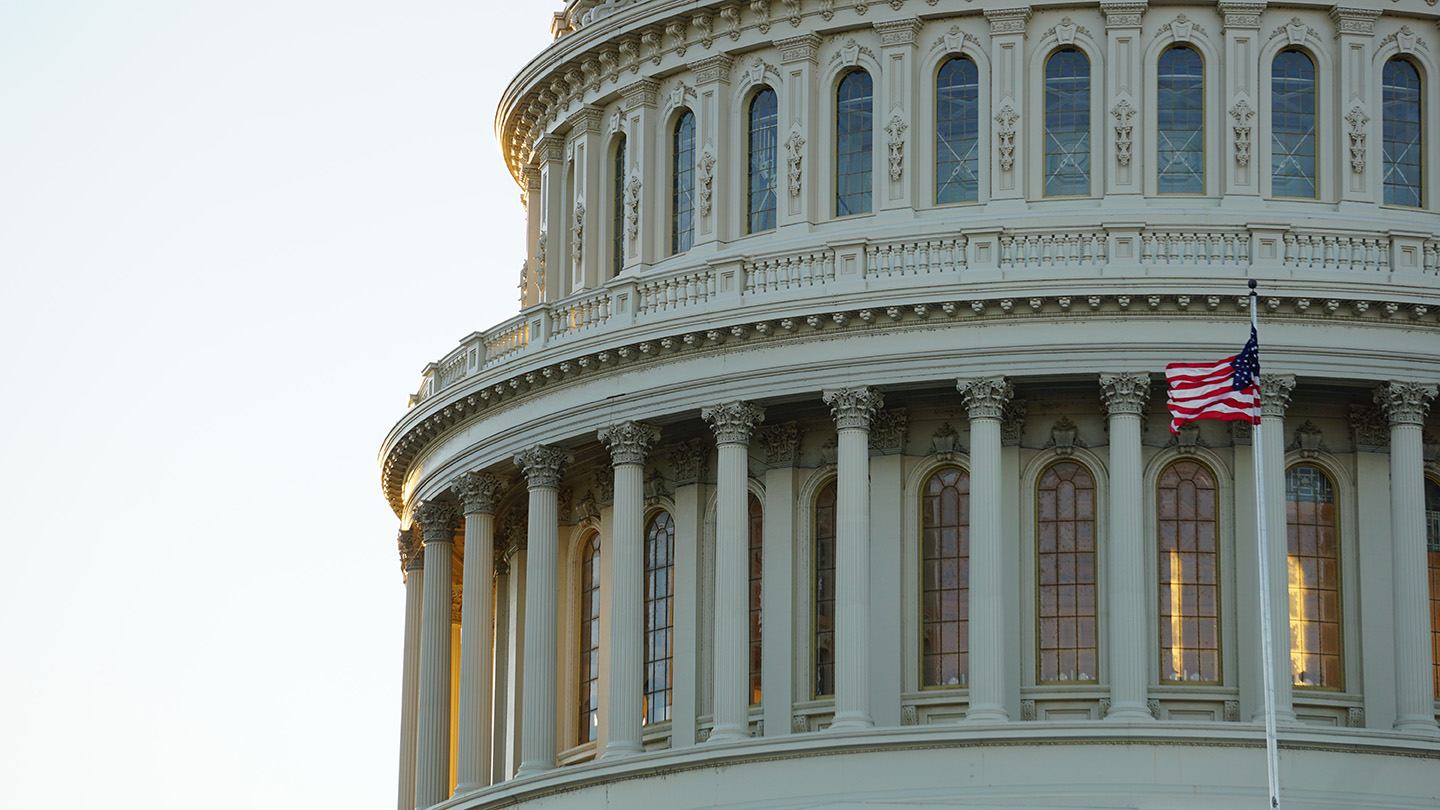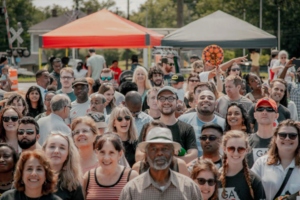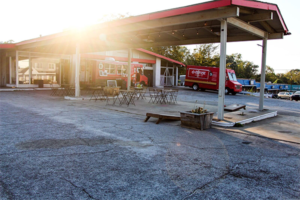
Dear friends,
Years ago, my husband told me I could bottle my indignation and sell it on eBay for a fortune. It was funny then, but I’m happy to say it’s less true now. Which is weird, because the more I’ve learned about the injustices of the world (and I’ve learned a lot since then), the more reason I have to be indignant.
You, too? More than ever since last Wednesday, right? What I am about to say does not negate the validity of any visceral reaction to what happened at our nation’s capital. Nor am I saying that there is never a time and place for indignation. Protests are part of the freedom-fabric of our democracy, and we need them. If we are going to do anything about the wrongs of the world, we are going to have to activate our indignation. But what comes after that?
Ken Keyes (1921-1995) wrote, “You add suffering to the world just as much when you take offense as when you give offense.”
So, what do I do with my offense, whether it’s at something like the horrors of last Wednesday or at a small slight from someone close to me? I’m not going to give anyone a tutorial in how to talk down your rage or what, practically speaking, to do with it. But I am going to suggest one thing:
Give indignation only a part of yourself. A small part. Reserve the rest for something else.
A wise friend once reminded me that my emotional capacity was precious… and limited. So, today, I want to remind you of that fact. Indignation, by its very nature, takes up a lot of space. I think many would agree that what we saw last week was the result of a long series of words and actions by a leader whose emotional capacity is filled up with indignation. That leader (and others) fomented many others whose emotional capacities filled up to overflowing with indignation and all of its ugly emotional cousins. Offense piled upon offense. And, while I may not agree with the facts of or the reasons for the offense, I recognize what a stockpile of offense can do to a person, to people, because I’ve seen it in myself. This being-offended thing is an equal opportunity deal.
Years ago my husband lost his job. We were hurt (me more than him, but that’s not surprising) because of the way he was fired more than because of the why. After a burst of indignation, we both decided to take the high road (again, he did better at this than me) and be vigilantly kind in our words and actions. I fell off that high road from time to time, but I was determined to stay there most of the time. Why? Because even back then, I had a sneaking suspicion that indignation, while a useful emotion for a time, would not be good for my soul in the long run. I gave it a little corner, and it pitched a loud and persistent temper tantrum in my head. It begged to take over, but for the most part I didn’t let it, mainly because I was scared to death of becoming who I knew I would become if I did. Instead, Bill and I both reserved most of our emotional capacity for things like love, forgiveness, delight, beauty, and gratitude, lots of gratitude. And I’m so glad we did. I hate to think what we would have lost had we let indignation fill us up.To this day, it feels like we dodged an armor-piercing bullet.
What am I trying to say? That, yes, seeing a confederate flag in our capitol building for the first time in our history sickened me and made me indignant. The chilling photographs of a gallows in front of the capitol building reminded me that, for centuries, others have been on the receiving end of the kind of injury we witnessed last week, and, yes, the rhetoric that champions protecting white privilege over the vulnerable makes me furious. Yes, I think there should be lawful consequences to the violence and the inciting of that violence. I think all of these things, but I am determined to break the cycle of offense. And I think it’s safe to say I am joined by my refugee friends and neighbors in my intention to use only a scant amount of my emotional capacity for indignation… and the rest to love people, to forgive them, to thank them, and to welcome them.
Remember what Ali said last week? “Welcome is a way of making someone feel that they are at home. Home is the place of freedom, and we all need to be free.” I’m not sure I can write a logical syllogism to prove this, but it seems to me that if we’ll use up some of our emotional capacity welcoming people, making them feel that they are at home, and thereby free, the tragic fallout from filling our hearts to capacity with indignation doesn’t stand a chance.
Staging a coup against the cycle of offense with you,
Kitti
As a person whose happy meter is stuck remarkably high, often unhealthily so, I recognize that this processing of mine could lead you to believe the only alternative to getting out of the mire of indignation is to be all happy and loving… and to get there fast. Not so. In fact, I am learning that the path out of the appropriate and often necessary “darker” emotions is not to dial my happy meter up a notch. There’s the path of lament, of repentance, of truth-telling in safe places. But I am also aware that this is how I am wired, and that’s okay, too. The ability to pivot to joy, thanks to nature and nurture, is my way. It’s quirky and annoying at times, but it is also a gift. And we need all the gifts. So, please know that I am not speaking for anyone but myself in this particular block of text, and I am incredibly grateful for a safe place to do that with you. Thank you.




